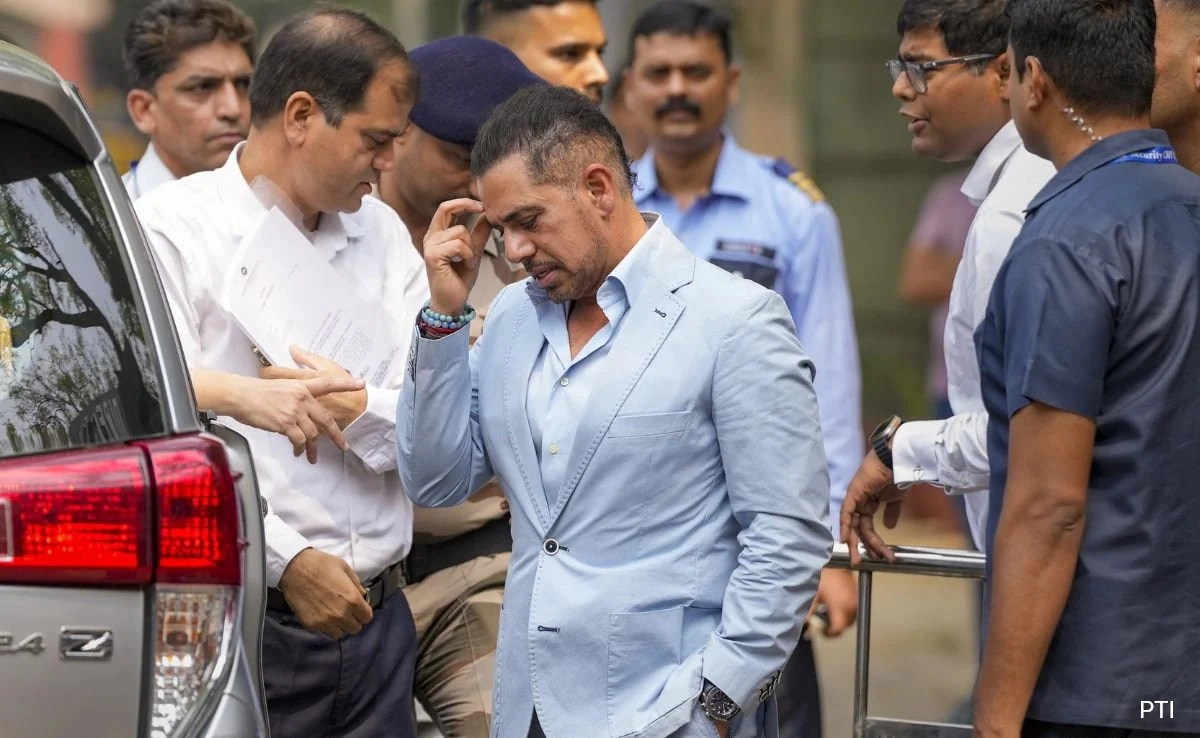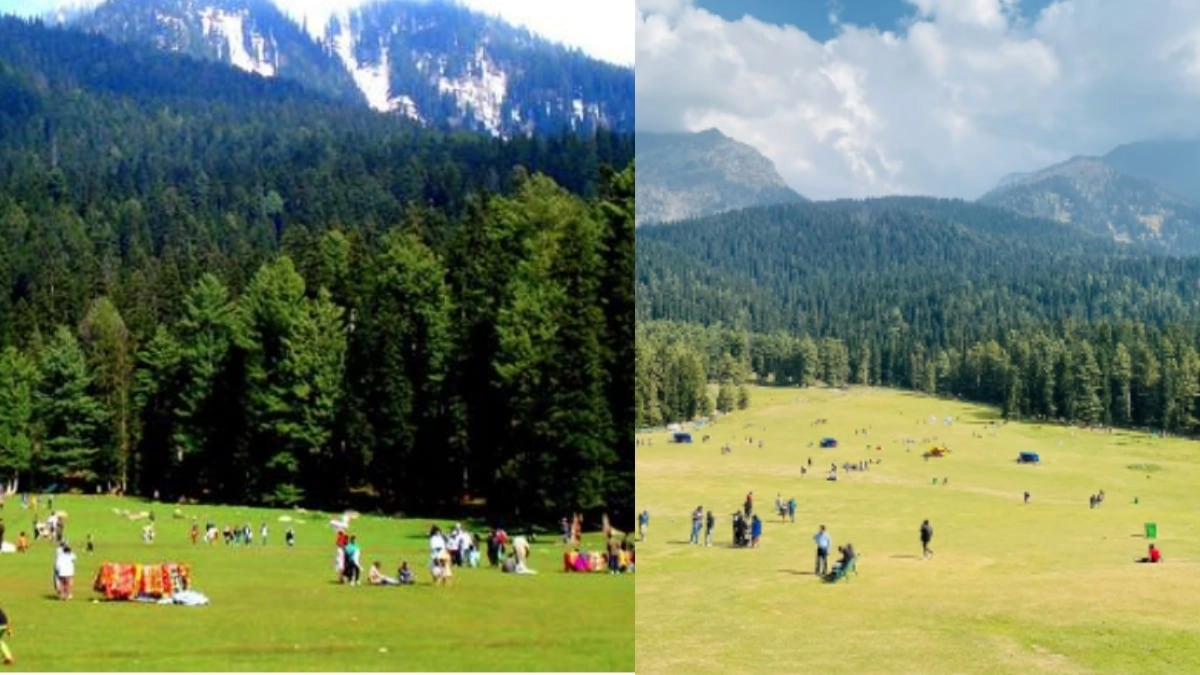In a recent statement, Omar Abdullah, the former Chief Minister of Jammu and Kashmir, expressed his firm stance against forming an alliance with the Bharatiya Janata Party (BJP) in the pursuit of statehood for Jammu and Kashmir. Abdullah emphasized that he would rather resign from his position than compromise his party’s principles by aligning with a party whose policies he fundamentally disagrees with. His remarks highlight the deep-seated ideological differences between his party, the National Conference, and the BJP, particularly in the context of Jammu and Kashmir’s unique political landscape.
Abdullah’s refusal to consider an alliance with the BJP underscores the complexities of regional politics in Jammu and Kashmir, especially following the abrogation of Article 370 in August 2019. This constitutional change revoked the special status that Jammu and Kashmir previously held, leading to widespread political upheaval and a reconfiguration of power dynamics in the region. For Abdullah, any potential collaboration with the BJP could be seen as an endorsement of their controversial policies, which he believes have adversely affected the people of Jammu and Kashmir. His steadfast commitment to his party’s values illustrates the challenges faced by regional leaders in navigating relationships with national parties that may not share their vision for the region’s future.
The discussion around statehood for Jammu and Kashmir remains a contentious issue, with various political factions advocating for different solutions. Abdullah’s comments reflect a broader sentiment among many local leaders who are wary of the BJP’s intentions and approach to governance in the region. He argues that genuine representation and the restoration of statehood must come from a place of trust and alignment with the aspirations of the people, rather than through alliances that may compromise those values. As the political landscape continues to evolve, Abdullah’s position serves as a reminder of the importance of principled leadership in the quest for justice and autonomy for Jammu and Kashmir.
In summary, Omar Abdullah’s declaration regarding an alliance with the BJP serves as both a personal conviction and a broader commentary on the political climate in Jammu and Kashmir. His willingness to resign rather than compromise illustrates a commitment to his party’s ideals and the importance of authentic representation in the region’s governance. As discussions around statehood persist, the dynamics between regional parties and national entities like the BJP will continue to shape the future of Jammu and Kashmir, highlighting the ongoing struggle for political representation and autonomy.




